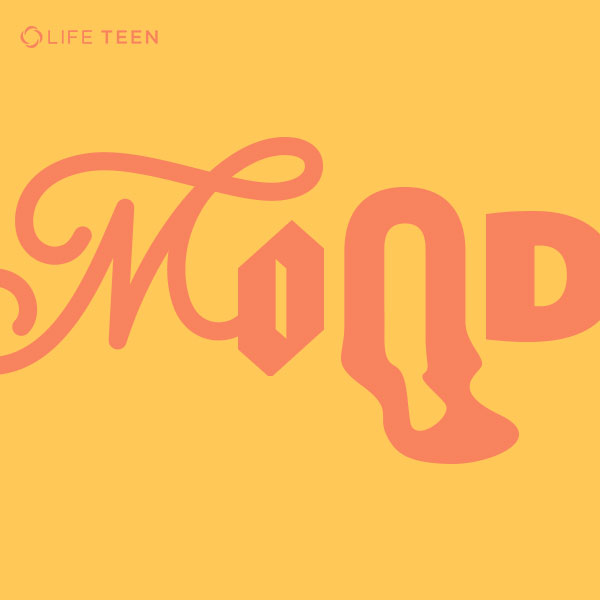
I managed to overcome my feelings of moroseness about the monetisation of our souls (listening to Justin Bieber is very uplifting), however, and do some gauging of the public’s musical mood myself. This year, the chief economist at the Bank of England said researchers were increasingly gauging the public mood by analysing Spotify streaming data. Or, in some cases, being mined for economic insights by central bankers. Nevertheless, I find it depressing that our personal, private moments with music are increasingly being turned into data points and sold to advertisers. I certainly don’t think that they are working with shadowy consulting firms to serve you ads promoting a culture war while you’re listening to music that suggests you might be in a casually racist mood. Now, to be clear, there’s nothing particularly machiavellian about what Spotify is doing with your data. They deduce this from the sort of music you’re listening to, coupled with where and when you’re listening to it, along with third-party data that might be available. (The first bit, I mean, not the porn habits.) Over the past few years, Spotify has been ramping up its data analytic capabilities in a bid to help marketers target consumers with adverts tailored to the mood they’re in.

Someone who works at the company recently informed me that: “Nothing says more about someone than the music they listen to and their porn habits.” I have no idea if that’s a company-wide mantra, but it’s certainly ingrained in the streaming service’s business model. Nevertheless, you can tell a fair bit about someone by their music consumption. Now obviously that study is very far from conclusive and no reason to cut Beliebers and Eminem stans from your life.

A New York University study last year found that people who loved Eminem’s Lose Yourself and Justin Bieber’s What Do You Mean? were more likely to score highly on the psychopathy scale than people who were into Dire Straits.

W ant to figure out if someone is a psychopath? Ask them what their favourite song is.


 0 kommentar(er)
0 kommentar(er)
